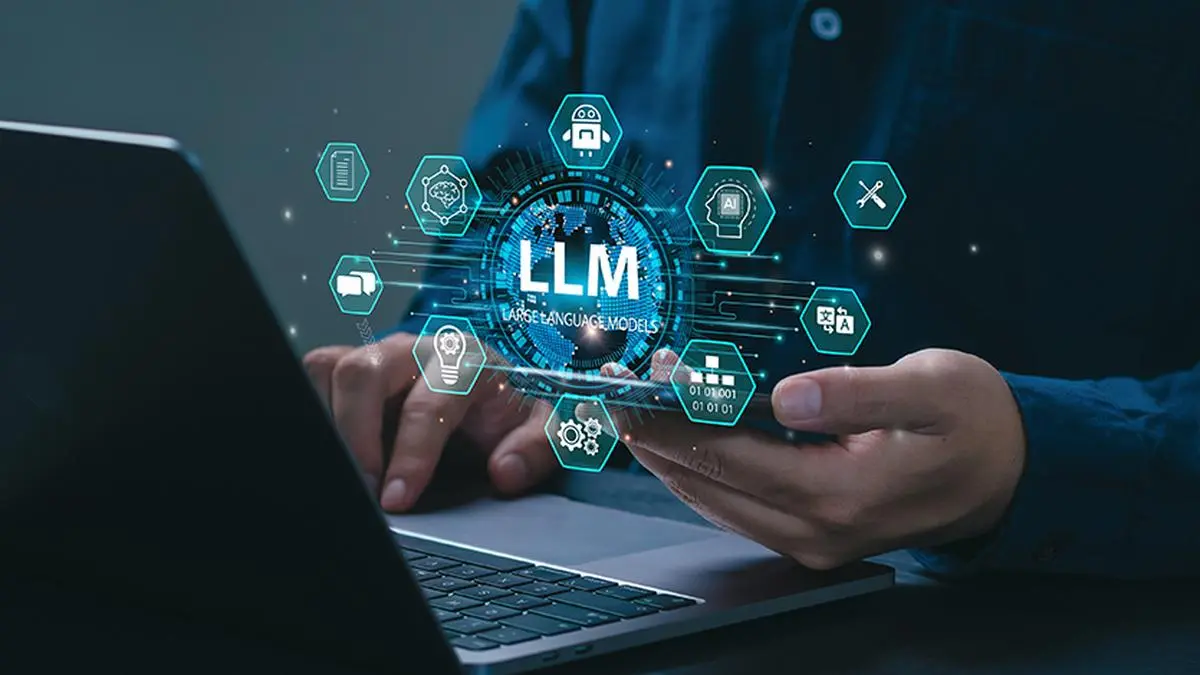
Those who use their brains showing stronger neural network.
| Photo Credit:
Boy Wirat
It’s no brainer that if one depends more on machines for thinking it could impact one’s ability to think.
A new study by MIT researchers has proved that the brains that used an LLM to write an essay presented weaker neural connectivity, leading impaired memory and a fragmented sense of ownership of the content produced.
The reliance on machines could well create a cognitive debt. Those who used brains showed a stronger neural network.
Cognitive debt
The study — Your Brain on ChatGPT: Accumulation of Cognitive Debt when Using an AI Assistant for Essay Writing Task — has investigated the cognitive cost of using large language models (LLMs) like ChatGPT in education’.
The results of the study reinforced a growing concern among the academic community over the extensive use of LLMs in education.
“We’re witnessing an escalating integration of AI tools, especially large language models like ChatGPT, into education today,” CV Jawahar, Dean (Research & Development) at IIIT Hyderabad, said.
Over four months, participants were assigned to LLM, search engine, or brain-only groups to write essays, with their brain activity, essay characteristics, and self-reported experiences analysed.
The study’s sample size of 54 participants was divided into three groups: those who can use LLMs; those who can use any search engine (but not an LLM); and those who are asked to use their brain only to write an essay.
An EEG study (a test that measures and records the brain’s electrical activity) revealed that cognitive strategies differed significantly across groups. Brain connectivity systematically decreased with increased external support.
Neural communication
The brain-only group exhibited the strongest and widest-ranging neural networks, followed by the group that was allowed to use a search engine. This indicates that writing without assistance demanded greater mental effort and control, whereas using an LLM reduced the intensity of neural communication.
There were ongoing debates regarding where and when to permit LLM use — whether to allow it for certain courses and prohibit it for others.
“But fundamentally, if our students are graduating into a world where LLMs and chatbots are going to be ubiquitous, it’s imperative that they are trained to use these powerful tools,” he pointed out.
Therefore, as universities and as teachers, our responsibility lies in finding that critical balance: training them in the use of these cutting-edge societal tools while simultaneously ensuring we are improving their fundamental thinking and problem-solving skills themselves.”
“While we clearly perceive the advantages, we must equally acknowledge the inherent disadvantages and concerns. This particular study, for example, zeroes in on the significant impact these tools have on brain activity,” he observed.
A psychiatrist working for a hospital, however, felt that it required much deeper studies to understand the phenomenon better.
Published on June 19, 2025
